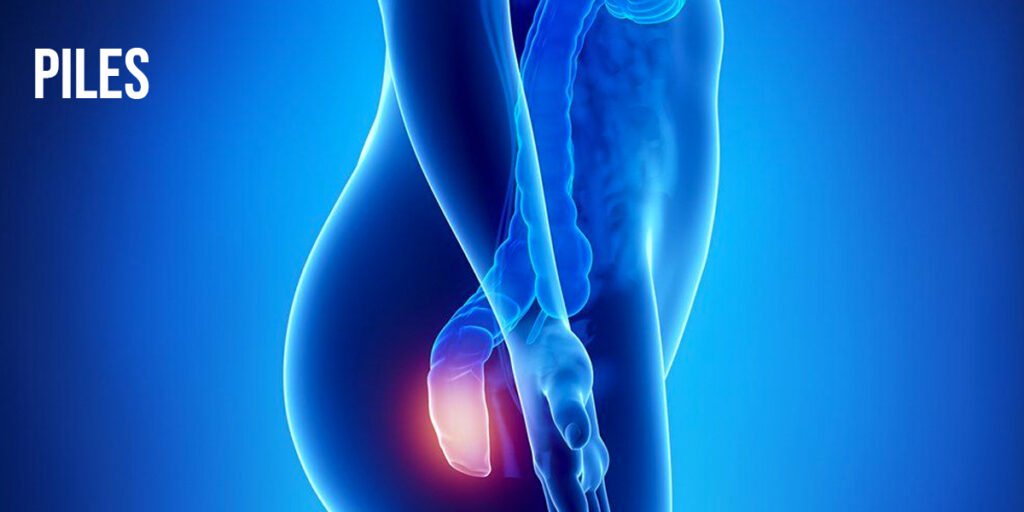Specialities
- Piles Treatment
- Constipation Treatment
- Anal Fistula Treatment
- Obstetric Fistula Treatment
- Rectal Prolapse Treatment
- Pelvic Organ Prolapse Treatment
- Fissure Treatment
- Pilonidal Sinus Treatment
- Rectal Abscess Treatment
- Hernia Treatment
- Varicose Veins Treatment
- Incontinence Treatment
- Fecal Incontinence Treatment
- Urinary incontinenceTreatment
- Circumcision Treatment
- Urology Treatment
- Urinary Stones Treatment
- Enlarged Prostate Treatment
Piles (Hemorrhoids) Treatment

Piles or hemorrhoids are swollen blood vessels in the anal passage. There are two circular bunches of veins, one inside the anal canal and the second at the anal verge. Generally, they are called internal and external hemorrhoids. There are certain conditions which predispose to formation of piles. These are:
Excessive straining while passing stools e.g. chronic constipation, low fibre diet, poor bowel habits
Increased backward pressure on pelvic blood vessels e.g. Pregnancy, Pelvic Tumors
Hemorrhoids Symptoms
In general, piles are not serious and go away on their own after 2-3 days.
Following are the most common symptoms of piles:
- A hard lump around the anus
- Feeling of full bowels even after going to the toilet
- Bright red blood during a bowel movement
- Itching in the anus
- Mucus discharge when emptying the bowels
- Pain while defecating
Internal & External Piles Causes
There could be many reasons behind the onset of piles including:
- Anal intercourse
- Chronic constipation
- Chronic diarrhea
- Lifting heavy objects irregularly
- Obesity/overweight
- Pregnancy
- Putting too much strain when passing a stool
Piles Treatment
Piles or haemorrhoids can be a chronic condition that causes long-term discomfort while hampering the quality of life.
Piles treatment can be non-surgical or surgical depending on the severity of the condition:
Non-Surgical Treatment
- Your doctor may advise increasing fluid and fibre intake, avoiding strenuous exercise or lifting heavy objects.
- You may also be prescribed laxatives to avoid straining.
- Your doctor may recommend a sitz bath or soaking in a tub of warm water with salt to help relieve the inflammation and pain.
- Non-surgical treatment may also involve the use of topical treatments such as hydrocortisone suppositories or creams.
- A cold compress or the use of oral painkillers may be recommended to relieve the pain caused by inflamed piler or haemorrhoids.
Surgical Treatment
Your doctor may recommend surgery for persistent or bleeding piles treatment.
- Minimally invasive surgery – Rubber-band ligation, coagulation techniques such as infrared, laser, or heat, and sclerotherapy are minimally invasive treatment options for chronic piles.
- Surgical treatment – More severe cases of piles are treated through surgical intervention. Surgical haemorrhoidectomy is the most common treatment, while haemorrhoid stapling or Doppler-guided hemorrhoidal artery ligation may also be recommended in some cases.



